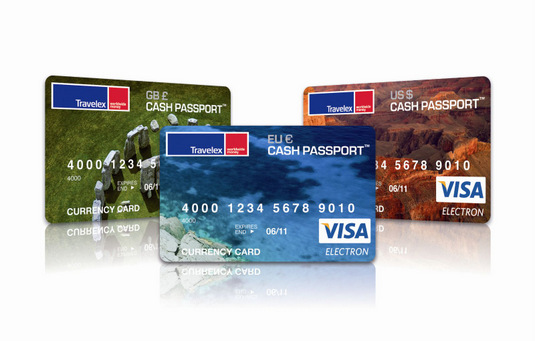Financial Advice for Backpackers: Do Prepaid Currency Cards Make Good Sense?

As a backpacker, your money worries are likely to be 1) keeping your cash safe, and 2) spending within your means. A prepaid currency card can help you do both – but only if you avoid certain pitfalls.
When it comes to money there are a number of options for backpackers. Cash is obviously unwise in large amounts, though you’ll need to carry at least some. Credit and debit cards are handy, but if lost or stolen can be anything from a hassle to a financial disaster. Travellers’ cheques are safer, but often inconvenient. Prepaid currency cards (also called travel money cards) are another option, and combine some of the best features of all of these. As such they can be the perfect solution – but only if used wisely.
Cash, cheque, or card?
A prepaid currency card is like an electronic wallet. They look and work just like a normal credit or debit card, and have the same security (chip and pin). The difference is that instead of running up a bill on one to be paid later, like a credit card, or being linked to your bank account, like a debit card, the money is stored on the card itself. You pre-load the card with funds – in the currency of your choice, or Sterling for later conversion, if you prefer – and use it like a normal bank card to withdraw money and pay for things while you’re away. Since they’re usually part of the Visa or Mastercard networks you can use them almost anywhere. When they’re empty you can’t go into an overdraft or run up debt, and they cannot be used again until you’ve topped them up – usually via phone or internet.
Advantages
Prepaid currency cards have a number of benefits over cash or other types of card, including:
- Security. Aside from their fraud protection, stolen cards can be cancelled and new ones issued with the balance transferred to them.
- Exchange rates. These are usually far more favourable than you’ll find elsewhere, especially in the captive market of an airport or in a bureau de change.
- Budgeting. Since you can’t use more than is on the card, it’s easy to keep track of how much you’re spending, and you won’t go over your limit.
Disadvantages
Prepaid currency cards are great for certain situations, like paying for meals and travel tickets. In other situations they’re not such a good idea:
- Withdrawing money from an ATM, which is subject to a fee. This means it’s not worth taking out small amounts.
- Paying for fuel, car hire or other circumstances where a deposit is required. This will lock a large chunk of the funds on your card for a set period of time – perhaps up to 30 days – making them inaccessible.
- Occasional travellers. Inactivity fees (usually after 12 months or so) will eat up your remaining balance if you don’t use the card for a while.
The verdict:
A prepaid currency card is a great solution if you’re worried about security and don’t want to carry bank cards. You’ll also save money if you use them carefully due to the superior exchange rates. They’re not so good if you need to withdraw money regularly or will only use them sporadically.
This post was brought to you in partnership with our friends at www.cashpassport.com

















